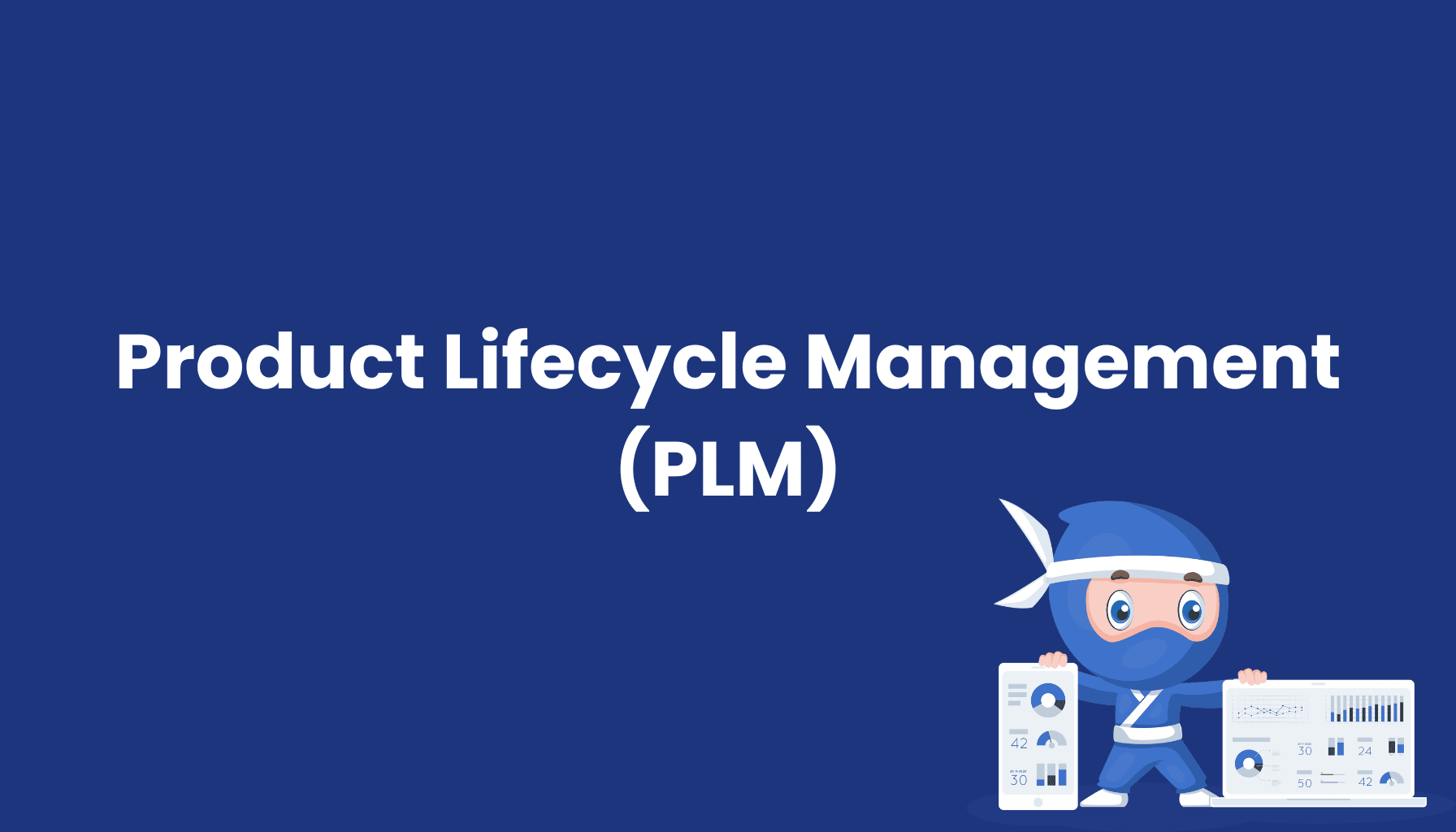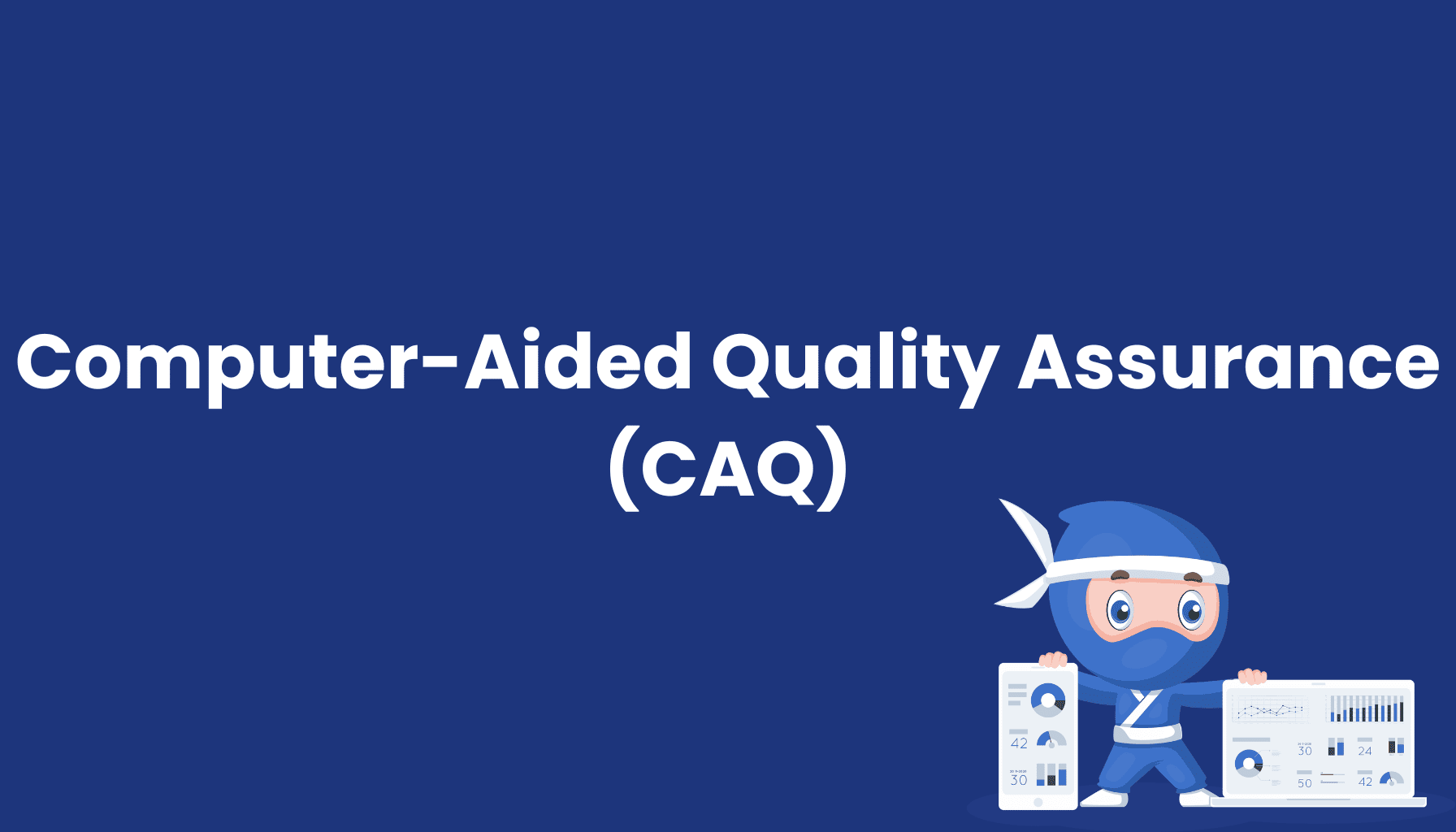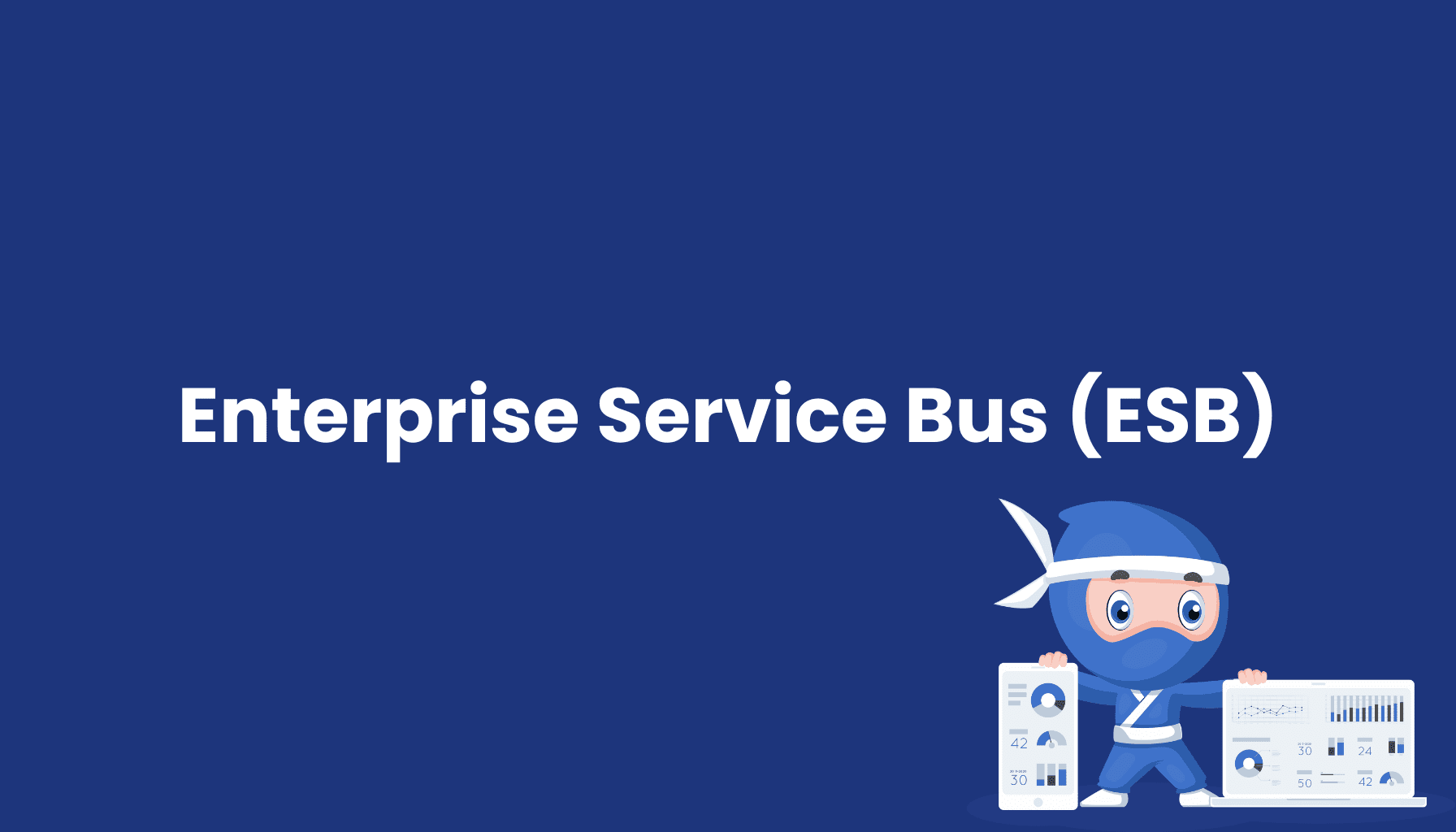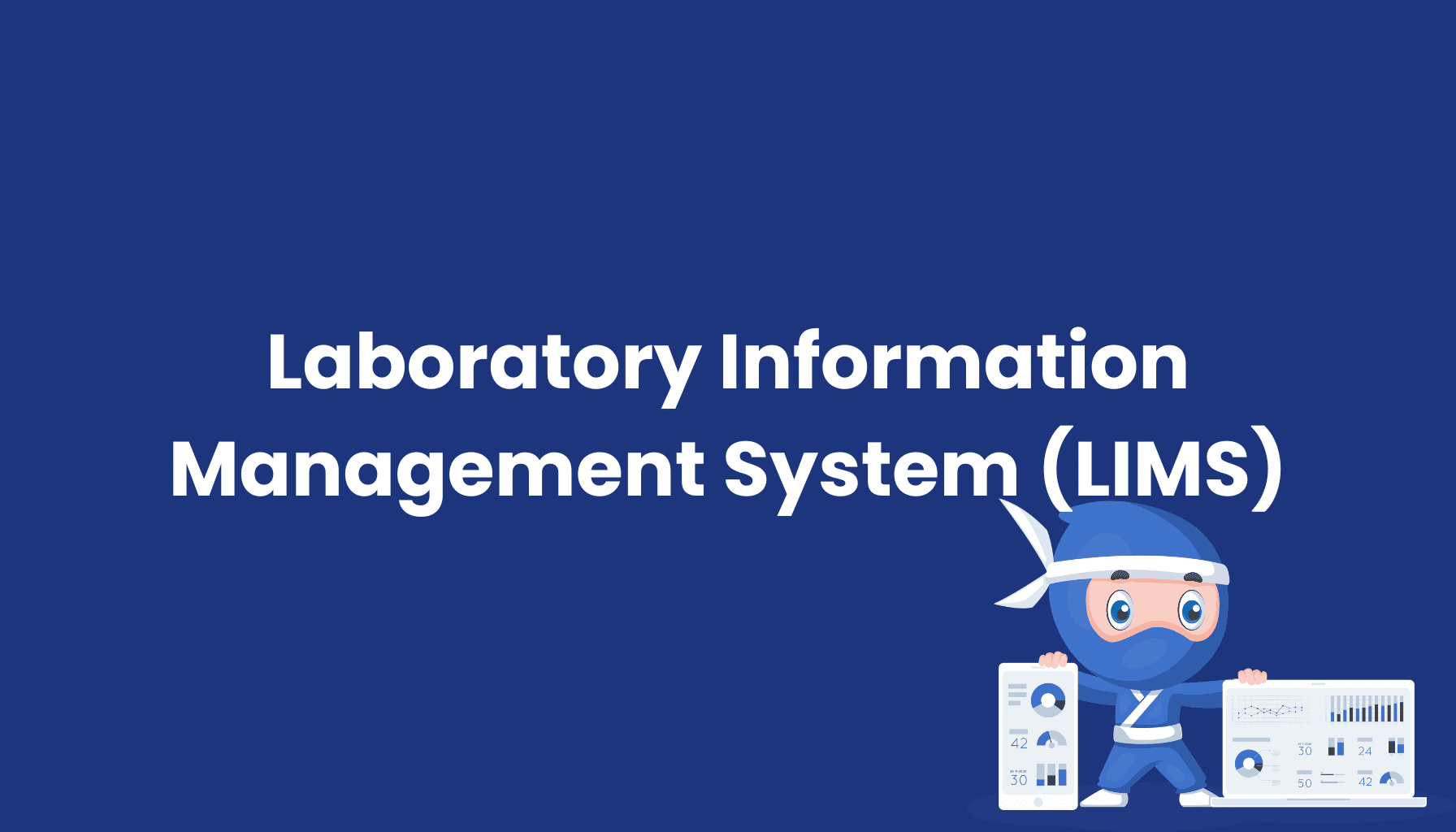Product Lifecycle Management (PLM)

What is Product Lifecycle Management (PLM)?
Product Lifecycle Management (PLM) is a comprehensive approach to managing the entire lifecycle of a product, from initial concept and design through development, production, and eventually decommissioning and disposal. PLM systems support product development, centralize the management of product information, and facilitate collaboration between various departments such as R&D, manufacturing, marketing, and sales.
Benefits of Product Lifecycle Management (PLM)
-
More Efficient Development Processes: PLM optimizes product development by streamlining processes and enabling better planning and execution. This leads to shorter development times and quicker responsiveness to market demands.
-
Cost Reduction: Improved collaboration and centralized management of product information help reduce production costs and prevent errors. This significantly decreases rework and scrap.
-
Faster Time to Market: With PLM, companies can reduce the time to market for new products through optimized development cycles and more efficient resource utilization.
-
Improved Product Quality: PLM helps improve product quality by ensuring consistent documentation and monitoring of product development. This leads to higher customer satisfaction and fewer product recalls.
-
Enhanced Innovation Capability: By fostering collaboration and centralizing information management, PLM strengthens a company's innovation capability. It enables faster development and implementation of new ideas.
-
Regulatory Compliance and Documentation: PLM systems help companies meet regulatory requirements and ensure complete documentation of all processes. This is particularly important in highly regulated industries such as automotive and pharmaceuticals.
-
Lifecycle Analysis: By integrating PLM, companies can analyze and optimize the entire lifecycle of a product, including considerations of sustainability and environmental impact.
Applications of Product Lifecycle Management (PLM)
-
Automotive Industry: Optimizing vehicle development and production processes to improve efficiency and quality.
-
Aerospace: Managing complex projects and ensuring compliance with strict safety and quality standards.
-
Consumer Goods: Accelerating the introduction of new products and adapting to changing market trends to stay competitive.
-
Pharmaceutical Industry: Ensuring regulatory compliance and improving drug development through optimized processes and documentation.
Future of Product Lifecycle Management (PLM)
The future of PLM lies in the increased integration of Digital Twins, Artificial Intelligence (AI), and the Internet of Things (IoT). These technologies enable more precise tracking of the entire product lifecycle and support predictive maintenance and product development optimization. AI can help identify trends early and make informed decisions, while IoT facilitates seamless connectivity between physical products and digital systems.
Summary of Product Lifecycle Management (PLM)
Product Lifecycle Management (PLM) is an essential tool for companies looking to optimize their product development and management. It helps increase efficiency, reduce costs, accelerate time to market, and improve product quality. By centralizing product information management and fostering cross-departmental collaboration, PLM also strengthens a company's innovation capability and competitiveness.





